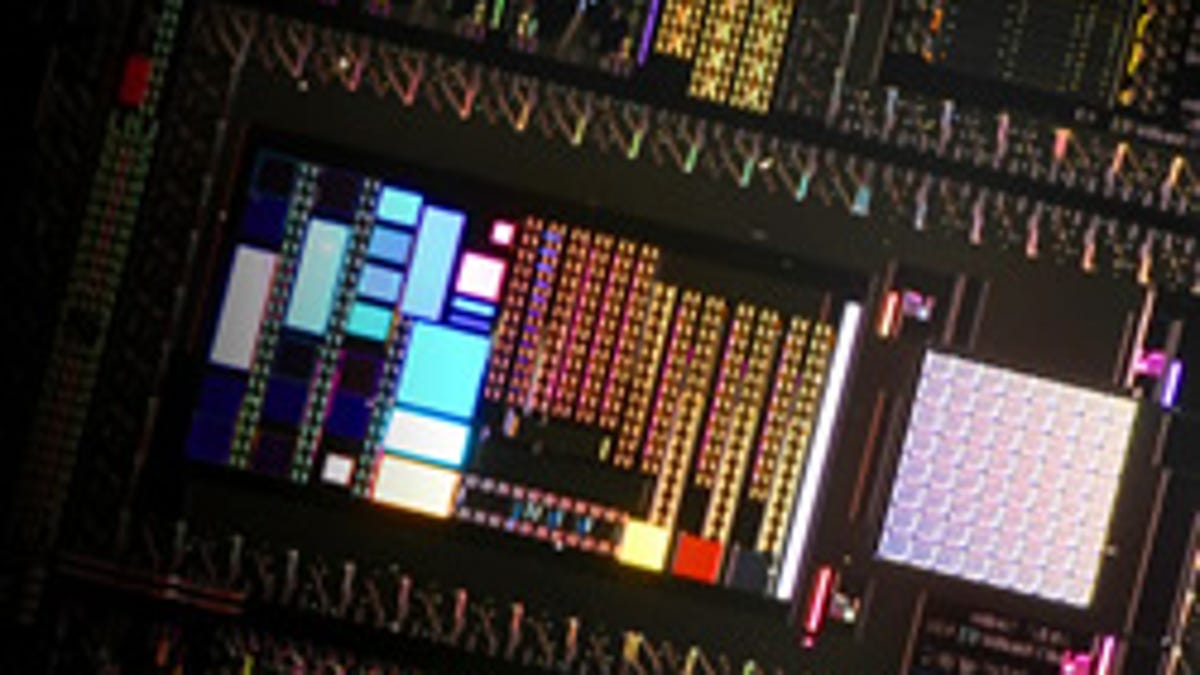Google quantum computer lab to study artificial intelligence
The search giant's new Quantum Artificial Intelligence Lab will be home to a new supercomputer from D-Wave Systems.

Google is opening a new research lab to see if a quantum computer can solve problems too taxing for traditional computers.
Hosted by NASA's Ames Research Center, the new Quantum Artificial Intelligence Lab will be home to a quantum computer made by D-Wave Systems. Operated by the Universities Space Research Association, the supercomputer will be available to researchers around the world to work on their own projects.
The goal, as stated in a Google blog posted today, is "to study how quantum computing might advance machine learning."
Traditional computers are limited, as they think in terms of ones and zeros and therefore aren't adept at solving real-world creative problems. In contrast, quantum computers use a single chip to store hundreds or elements known as quantum bits or "qubits." D-Wave's supercomputer houses 512 qubits on a single chip, according to The Wall Street Journal.
Tapping into the often odd world of quantum mechanics, a lone qubit can be a one, a zero, or both at the same time. As such, quantum computers can perform calculations and store information on a level much greater than can conventional computers.
"Machine learning is all about building better models of the world to make more accurate predictions," Hartmut Neven, director of engineering for Google, said in Thursday's blog. "If we want to cure diseases, we need better models of how they develop. If we want to create effective environmental policies, we need better models of what's happening to our climate. And if we want to build a more useful search engine, we need to better understand spoken questions and what's on the Web so you get the best answer."
Installation of the lab has already kicked off at the Ames Research Center, according to D-Wave, which expects its supercomputer to be ready for researchers sometime in the third quarter of 2013.

